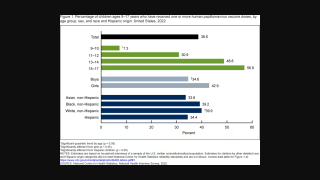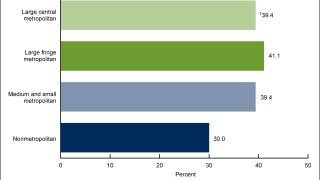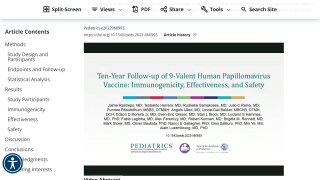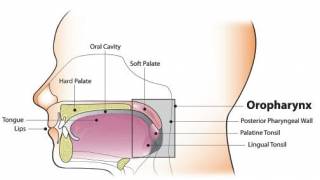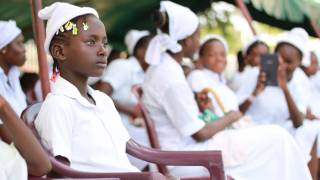Many Unvaccinated Men Infected with HPV

The number of human papillomavirus (HPV) infections in women has been well documented, but less is known about this cancer-causing virus's prevalence in men.
A new study published today in The Lancet Global Health (September 2023 early release) estimates the frequency of men harboring genital HPV infections.
These resarchers estimated the overall HPV prevalence of any type among men was 31% (95% CI 27–35), with study-specific prevalences ranging from 1% to 84%
And the overall prevalence of high-risk (HR) HPV was 21% (95% CI 18–24), with study-specific prevalences ranging from 1% to 75%. HPV-16 was the most frequent HR-HPV type at 5%.
Furthermore, HPV prevalence in men peaked in the group aged 25–29 years.
These estimates are consistent with the hypothesis that sexually active men, regardless of age, are at risk of HPV-related morbidity and are a reservoir of sexually transmissible HPV infection, wrote these resarchers.
Globally in men, as in women, the most common oncogenic and preventable HPV type is HPV-16.
Additionally, this study identified the protection from various HPV vaccines.
The pooled prevalence was 7% (95% CI 6–8) for the HPV types found in the two-valent vaccine, 11% (95% CI 9–13%) for the four-valent vaccine, and 16% (95% CI 14–18%) for the nine-valent vaccine.
These HPV vaccines are available in different countries globally.
Incorporating HPV vaccination for adolescent males into national immunization schedules can be further considered as vaccine supplies allow and single-dose strategies are assessed, suggest these researchers.
In the U.S., the Centers for Disease Control and Prevention (CDC) endorses HPV vaccinations for young men in the 2023 vaccine schedule. The nine-valent HPV vaccine is recommended in the U.S. and is often available at health clinics and community pharmacies.
HPV accounts for about 14 million new infections annually in the U.S., reports the CDC.
These HPV estimates are based on a systematic review of published prevalence surveys and unpublished data from study authors.
Declaration of interests - The Cancer Epidemiology Research Program received sponsorship for grants from Merck (which produced HPV vaccines) and HPV test kits at no cost from Roche for research purposes.
Our Trust Standards: Medical Advisory Committee

